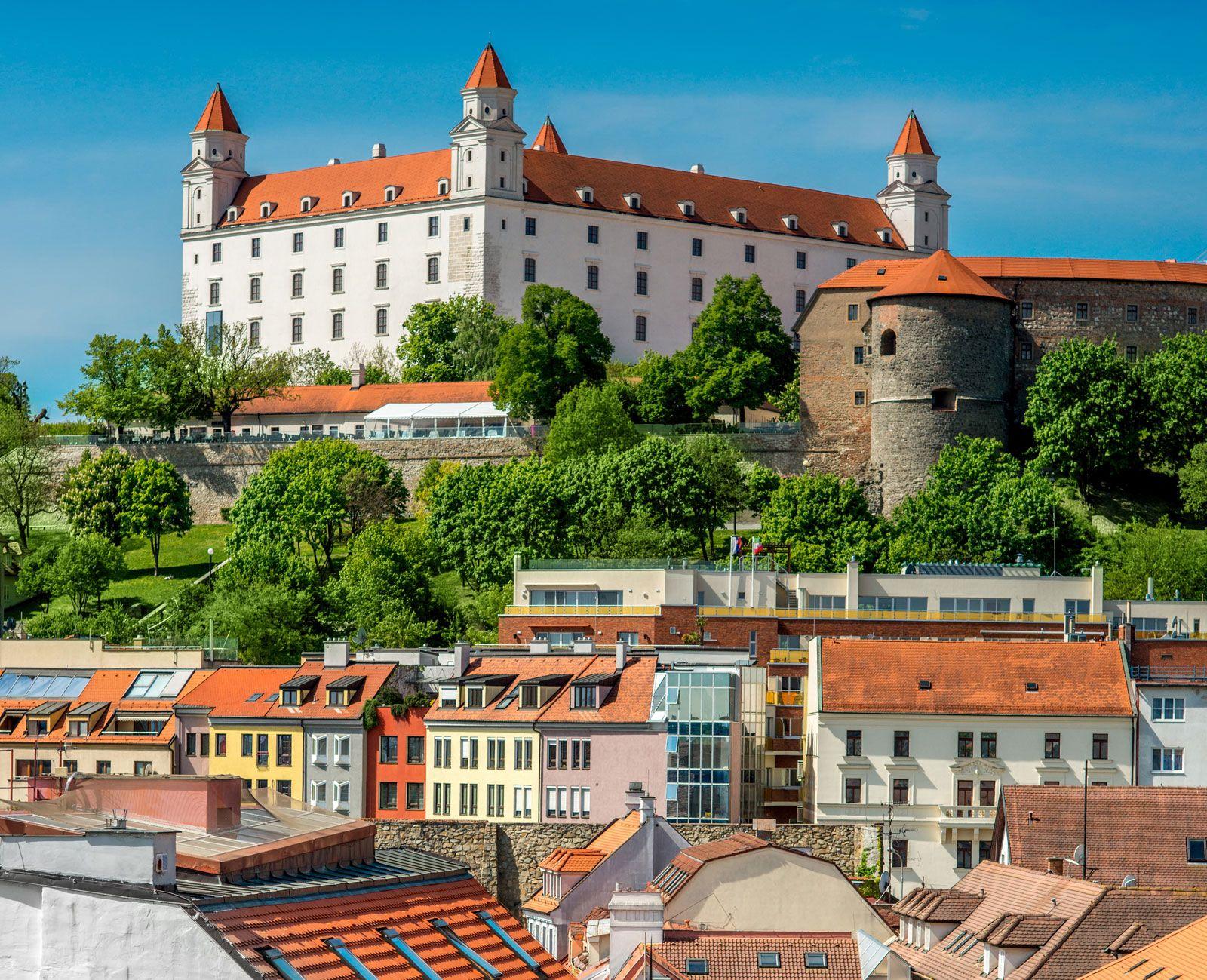Slovakia’s Controversial Law: Implications for Gender Identity and Human Rights
slovakia’s recent legislation,which enshrines teh recognition of only two sexes,has ignited heated debates and concerns among human rights advocates and the LGBTQ+ community. critics argue that the law undermines basic human rights and infringes on individual identities, disregarding the complexities of gender as understood in contemporary discourse. The implications of this legal framework reach far beyond legal recognition; they threaten to exclude a significant portion of the population from essential rights and protections. Activists fear that such a move could set a dangerous precedent in a region where LGBTQ+ rights are already tenuous, possibly inspiring similar legislation in neighboring countries.
The law also imposes restrictions on adoption for individuals who do not fit within the binary understanding of gender,complicating the ability of many to start families. This policy shift is perceived as a direct attack on the rights of non-binary and transgender individuals, segregating identities and reinforcing outdated notions of family structures. Among the potential consequences are:
- Increased discrimination against gender non-conforming individuals
- Barriers to adoption for same-sex couples and single parents
- Deteriorating mental health among marginalized communities due to societal rejection
- Potential international backlash affecting Slovakia’s relations with progressive nations
The overarching concern is not merely a legal stipulation but a societal shift that could hinder the progress of human rights in Slovakia.

The Adoption Restrictions: Analyzing the Impact on Families and Children
The recent legislation passed in Slovakia, which recognizes only two sexes and imposes stringent restrictions on adoption, is poised to have significant implications for families and children across the country. By limiting the definition of family structures and the criteria for potential adoptive parents,the law risks excluding a considerable number of individuals who could provide loving homes. Many prospective adoptive parents, particularly those identifying as LGBTQ+, now face barriers that can prevent them from fostering or adopting children in need. This effectively narrows the pool of available families and places additional strain on an already overburdened system, where many children await permanent placements.
The changes echo broader societal divides and have sparked a contentious debate about the rights of families and the welfare of children. Critics argue that the new law undermines the principle that every child deserves a safe and supportive surroundings,regardless of the sexual orientation or gender identity of their parents.Key concerns highlighted in discussions include:
- Increased vulnerability for children: With fewer potential adopters, children may remain in temporary or institutional care for longer periods.
- Exclusivity over inclusivity: The law does not account for diverse family structures that are increasingly common in modern society.
- Psychological impact: Children deprived of loving homes may face long-term emotional and social challenges.
This legislative move raises essential questions about the future landscape of adoption and the rights of children to grow up in nurturing environments.

public response and Global Reactions: A Divided Society Confronts Change
The recent legislation in Slovakia has sparked a whirlwind of reactions both domestically and internationally, revealing deep divides in societal values and beliefs. supporters of the law argue that protecting customary family values is crucial for the identity of the nation, underscoring the sentiment that a binary view of gender is rooted in biology and cultural heritage. Conversely, critics view the move as regressive, claiming it further marginalizes already vulnerable communities and undermines progress towards equality and inclusivity. Demonstrations have erupted in various cities, with activists advocating for the rights of LGBTQ+ individuals and calling for recognition of diverse gender identities.
Global reactions have been notably contrasting, showcasing a rift in international perspectives on gender and human rights.Many Western nations and organizations have condemned the law, emphasizing the need for universal human rights that accommodate individual identities beyond traditional classifications. On social media, activists have mobilized to support Slovak citizens in their fight against what they perceive as an unjust legislative step backward. The debate has drawn attention from human rights watchdogs, who urge the Slovak government to reconsider its stance and adopt policies that promote inclusivity rather than division. As slovakia navigates this contentious issue, the broader implications for global gender discourse remain a critical point of analysis and concern.

Recommendations for advocacy: Promoting Inclusivity and Protecting Rights
Considering Slovakia’s recent legislation that recognizes only two sexes and limits adoption rights,it becomes imperative for activists and allies to engage in targeted advocacy efforts. This situation calls for a strategic approach to ensure that the voices of marginalized communities are amplified and protected.Key recommendations include:
- Community Mobilization: Organize grassroots campaigns that unite diverse groups to voice their concerns over the implications of the new law. Visibility in numbers can create pressure for dialog and reconsideration.
- legal Challenges: Collaborate with legal experts to explore the potential for court challenges against the law, emphasizing its contradiction to international human rights standards.
- Educational Initiatives: Launch programs aimed at increasing public awareness about gender identity and the importance of inclusive policies,thus fostering a more informed and compassionate society.
- Policy Advocacy: Engage with policymakers to advocate for revisions to the law, emphasizing the need for inclusive definitions that recognize the spectrum of gender identities.
Moreover, fostering alliances with international human rights organizations can provide crucial support and resources in this advocacy journey.It is indeed essential to articulate a clear narrative that frames these rights not just as local issues, but as integral components of global human rights. Consequently, advocates might consider:
- International solidarity: Strengthen ties with organizations and movements in other countries facing similar challenges to share strategies and resources.
- Media Engagement: Utilize social media platforms and traditional media outlets to shed light on the negative impacts of the legislation, ensuring widespread awareness and galvanizing public sentiment against it.
- Support Networks: Establish safe spaces and support networks for affected individuals, offering them resources and a platform to share their experiences and challenges.
